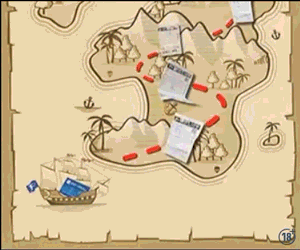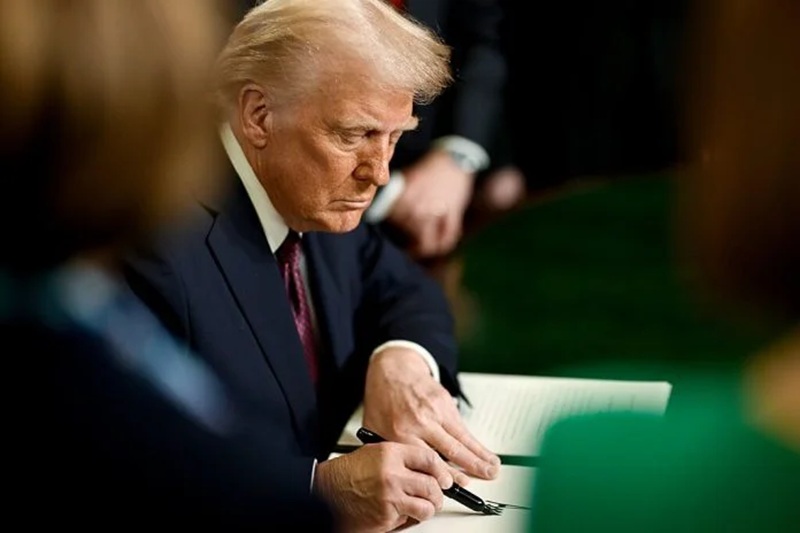President Trump on Friday said he would sign an executive order to extend the deadline for TikTok to find a buyer that will keep the social media platform up and running for another 75 days. In a post on his social media platform Truth Social, Trump said, “My Administration has been working very hard on a Deal to SAVE TIKTOK, and we have made tremendous progress. The Deal requires more work to ensure all necessary approvals are signed, which is why I am signing an Executive Order to keep TikTok up and running for an additional 75 days.” Trump’s announcement comes amid a flurry of reports that potential buyers ranging from Andreessen Horowitz and Amazon (AMZN) to Walmart (WMT) and others are circling as they seek to snatch up the app and its 170 million US users. “We hope to continue working in Good Faith with China, who I understand are not very happy about our Reciprocal Tariffs (Necessary for Fair and Balanced Trade between China and the U.S.A.!),” Trump said.
“This proves that Tariffs are the most powerful Economic tool, and very important to our National Security! We do not want TikTok to ‘go dark.’ We look forward to working with TikTok and China to close the Deal. Thank you for your attention to this matter!” A federal law signed by former President Joe Biden in 2024 effectively bans TikTok if it remains under Chinese ownership. The initial law called for the app to permanently go offline on Jan. 20, but Trump signed an executive order extending the deadline by 75 days.


The US TikTok ban, which received overwhelming bipartisan support, required TikTok’s parent, ByteDance, to divest the short-form video app over US concerns that it posed a national security threat. US officials have long argued that the Chinese government, which is designated as a US adversary, could gain access to Americans’ TikTok user data for nefarious purposes or use the platform to spread propaganda. The US law banning TikTok forces web service providers to stop hosting the app and requires Apple and Google to pull it from their app stores. TikTok took a challenge to the law all the way to the US Supreme Court, arguing that it infringed on the company’s First Amendment and other constitutional rights. A group of TikTok users made similar claims in a companion case, claiming they, too, had been deprived of constitutional protections.
But the high court ruled in favor of the government, reasoning that TikTok, as a foreign entity, wasn’t entitled to constitutional protections and that national security concerns outweighed the government’s restriction on TikTok use. The court also said the law was limited in its infringement on free speech because social media users could access and post on other social media platforms. TikTok went dark for a short period in January as former President Biden left office and President Trump transitioned into the role, but it was quickly brought back online when Trump extended the divestiture deadline for 75 days. Apple and Google then relisted the app after briefly removing it from their app stores. Trump initially called for a ban on the social media app during his first term in office but flipped his position during the 2024 election and vowed to save the service.





































